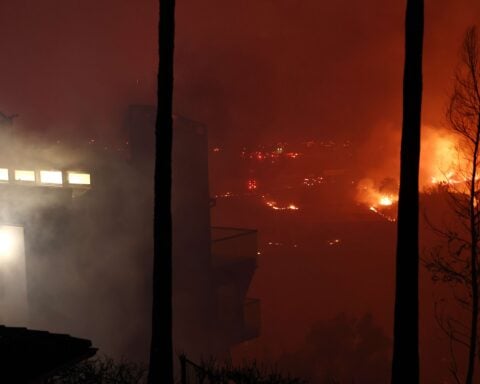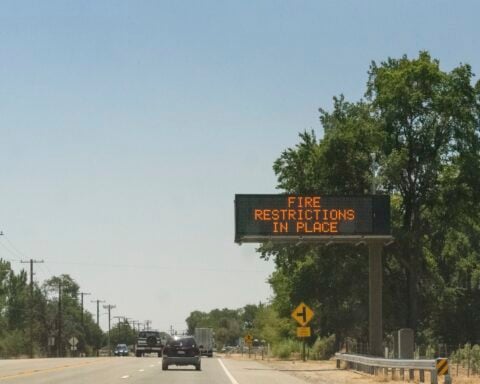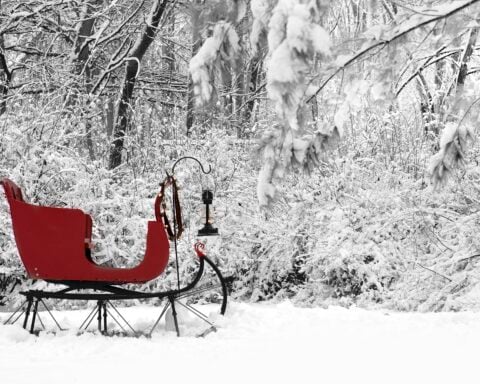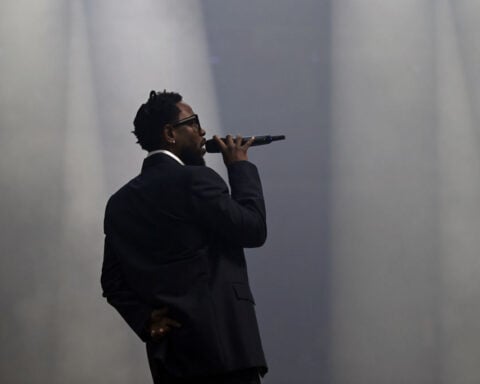The death of a 12-year-old boy at a North Carolina wilderness camp for troubled adolescents has been ruled a homicide, according to an autopsy report released Monday.
According to NBC News, the boy, identified only by his initials CJH, died less than 24 hours after arriving at the for-profit Trails Carolina program in Lake Toxaway. The camp initially claimed the death appeared accidental, stating staff performed CPR after finding the boy unresponsive inside a bivouac (a one-person tent) the morning after his arrival. However, the state medical examiner's autopsy report painted a much darker picture.
The cause of death was listed as "asphyxia due to smothering" from having his nose and mouth covered by non-breathable material. The report stated CJH "was placed into this compromised sleeping position by other(s) and did not have the ability to reasonably remove himself." No signs of trauma, sexual assault, drugs, or natural disease were found.
Trails Carolina has since lost its operating license. The camp's disturbing protocol was to routinely place newly arrived children alone in these bivouacs overnight, claiming it was for their safety. In CJH's case, the inner mesh panel was torn, so staff sealed the outer weather-resistant door panel instead - directly against manufacturer warnings that could lead to condensation and breathing restriction.
"With this combination of factors, the death is best certified as homicide," the medical examiner's report concluded. The opaque bivouac exterior also prevented staff from observing any potential distress CJH may have experienced. Authorities have not announced charges, but the criminal investigation is ongoing.
The incident has ignited outrage over a system that allows vulnerable youths to be contained in isolation at wilderness therapy programs with few public safeguards. CJH's parents had paid strangers to transport him from his New York home to the camp, a common industry practice raising additional concerns over adequate vetting.
CJH was reportedly struggling with ADHD, anxiety, migraines, and difficulties making friends - issues that led his family to seek the camp's services under the belief their son would receive therapeutic care. Instead, tragic negligence appears to have cost him his life within 24 hours of arrival.
Salt Lake County District Attorney Sim Gill, who has been involved in efforts to regulate Utah's troubled teen industry, expressed concerns about the sector. He pointed out that the industry is largely unregulated and understudied, with a history marred by abuse allegations. Gill emphasized the need for standards and accountability, particularly when dealing with vulnerable youth in isolated wilderness settings, given the high stakes involved in handling human lives.
Wilderness therapy programs have faced lawsuits and allegations over the years of subjecting children and teens to cruel treatment, neglect, and harsh punishments under the guise of "tough love." While some claim benefits, critics argue these camps traumatize youths further rather than providing meaningful therapy and life skills.
At a minimum, experts argue stringent regulations, oversight, and licensing requirements should govern such programs that essentially institutionalize minors, sometimes against their will. Being isolated in the wilderness only amplifies vulnerability.
"You're stuck in the middle of the wilderness, so there's no one to report to, no one to tell. You just have to go along with it," said former wilderness camp participant Alison Leavitt.
For the parents of children struggling with mental health and behavioral issues, the options for therapeutic intervention can seem limited, and desperate measures are appealing. However, CJH's tragic death has become a sobering wake-up call about the potential consequences of an unchecked, for-profit industry centered on isolating youth under dubious methods.
"There need to be standards of care, restrictions on isolation, and systems in place to handle mental health crises safely," urged Gill. "Clearly, there was a tremendous failure here in protecting this child."
Since the incident, Trails Carolina has reportedly implemented changes, including discontinuing overnight solo intervention for arrivals and using only breathable bivouac materials. However, such policy shifts alone are unlikely to restore public faith in an industry that allowed such a horrific incident to occur in the first place.
As the criminal investigation continues, the haunting question remains - how was a 12-year-old boy, struggling but alive upon arrival, placed alone in conditions that led to his death in a matter of hours? The search for accountability may prove as troubling as the incident itself in exposing potential systemic issues around regulation, training, and basic child safety standards at wilderness therapy camps. For CJH's bereaved family and alarmed community, this appears to have been a preventable tragedy crying out for major reforms to protect young lives.

 Ex-Sen. Bob Menendez, citing 'emotional toll,' seeks sentencing delay in wake of wife's trial
Ex-Sen. Bob Menendez, citing 'emotional toll,' seeks sentencing delay in wake of wife's trial
 Cats can get sick with bird flu. Here's how to protect them
Cats can get sick with bird flu. Here's how to protect them
 An uneasy calm settles over Syrian city of Homs after outbreak of sectarian violence
An uneasy calm settles over Syrian city of Homs after outbreak of sectarian violence
 WHO chief says he was at Yemen airport which Israeli strikes targeted
WHO chief says he was at Yemen airport which Israeli strikes targeted
 Organizers say two sailors have died in Sydney to Hobart yacht race amid wild weather conditions
Organizers say two sailors have died in Sydney to Hobart yacht race amid wild weather conditions
 Column-Why US Congress restored Social Security benefits for public-sector retirees: Mark Miller
Column-Why US Congress restored Social Security benefits for public-sector retirees: Mark Miller
 Peru declares environmental emergency after oil spill
Peru declares environmental emergency after oil spill
 Rose Parade: Ways to get involved and float viewing tips
Rose Parade: Ways to get involved and float viewing tips
 Holiday travelers are facing flight cancellations as severe storms roll into the South
Holiday travelers are facing flight cancellations as severe storms roll into the South
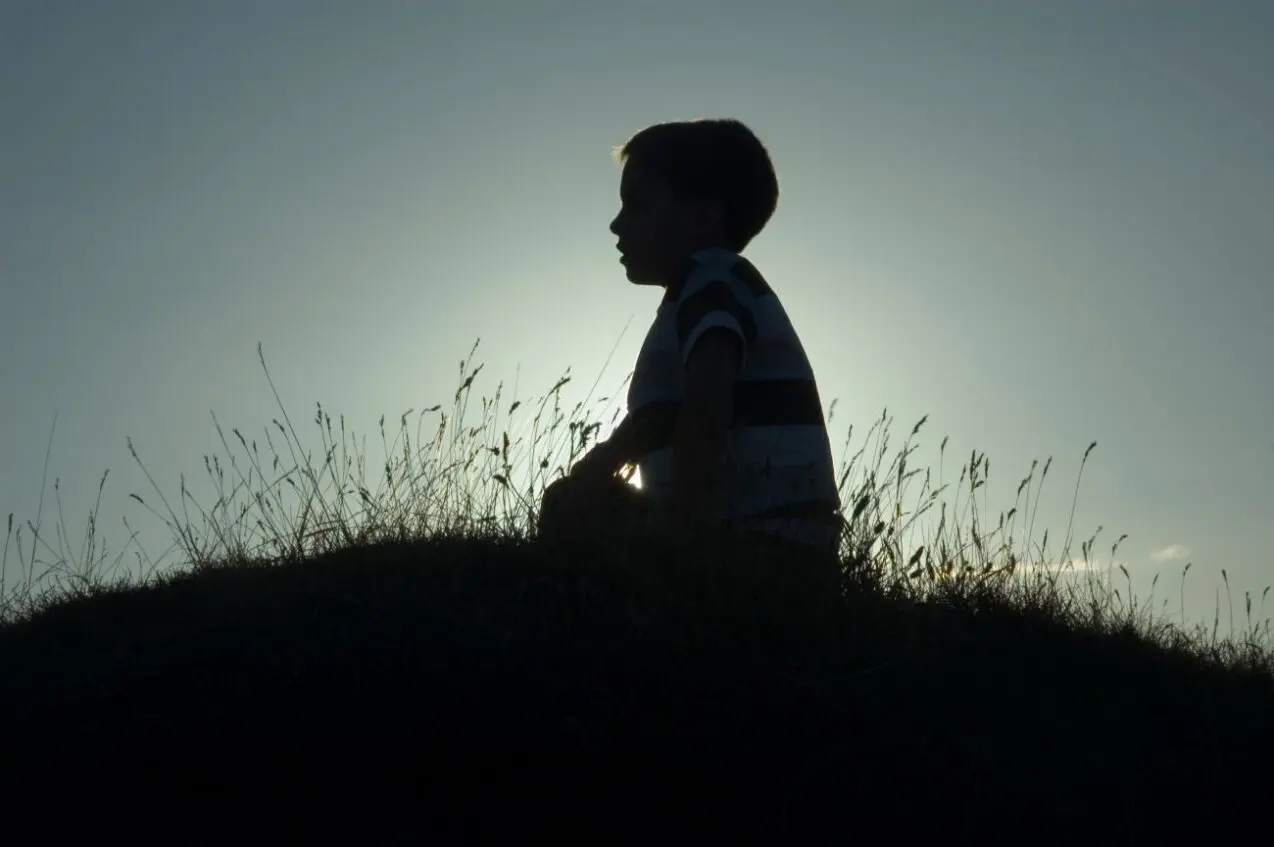 Sealed sleeping tent turns deadly for boy at camp
Sealed sleeping tent turns deadly for boy at camp